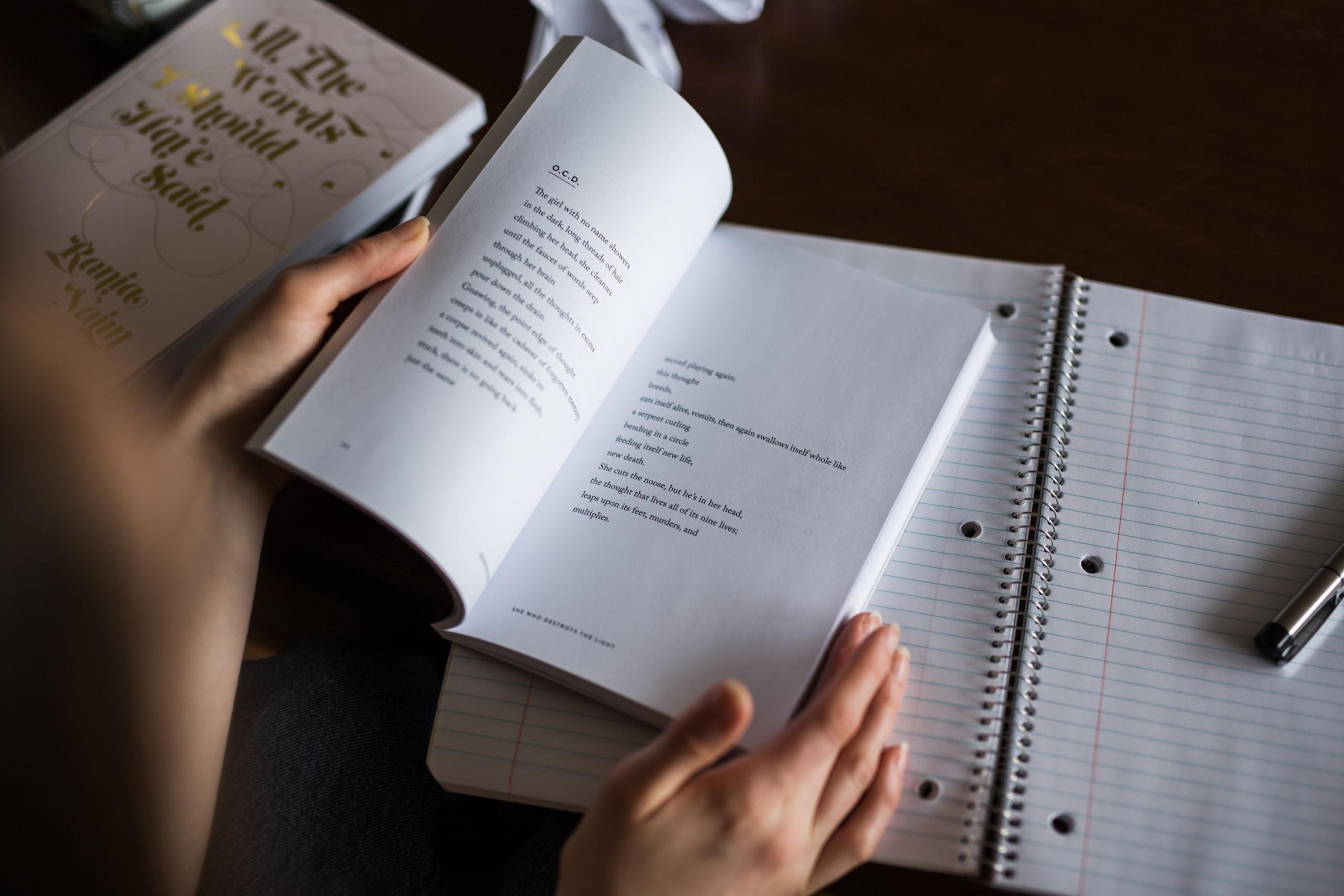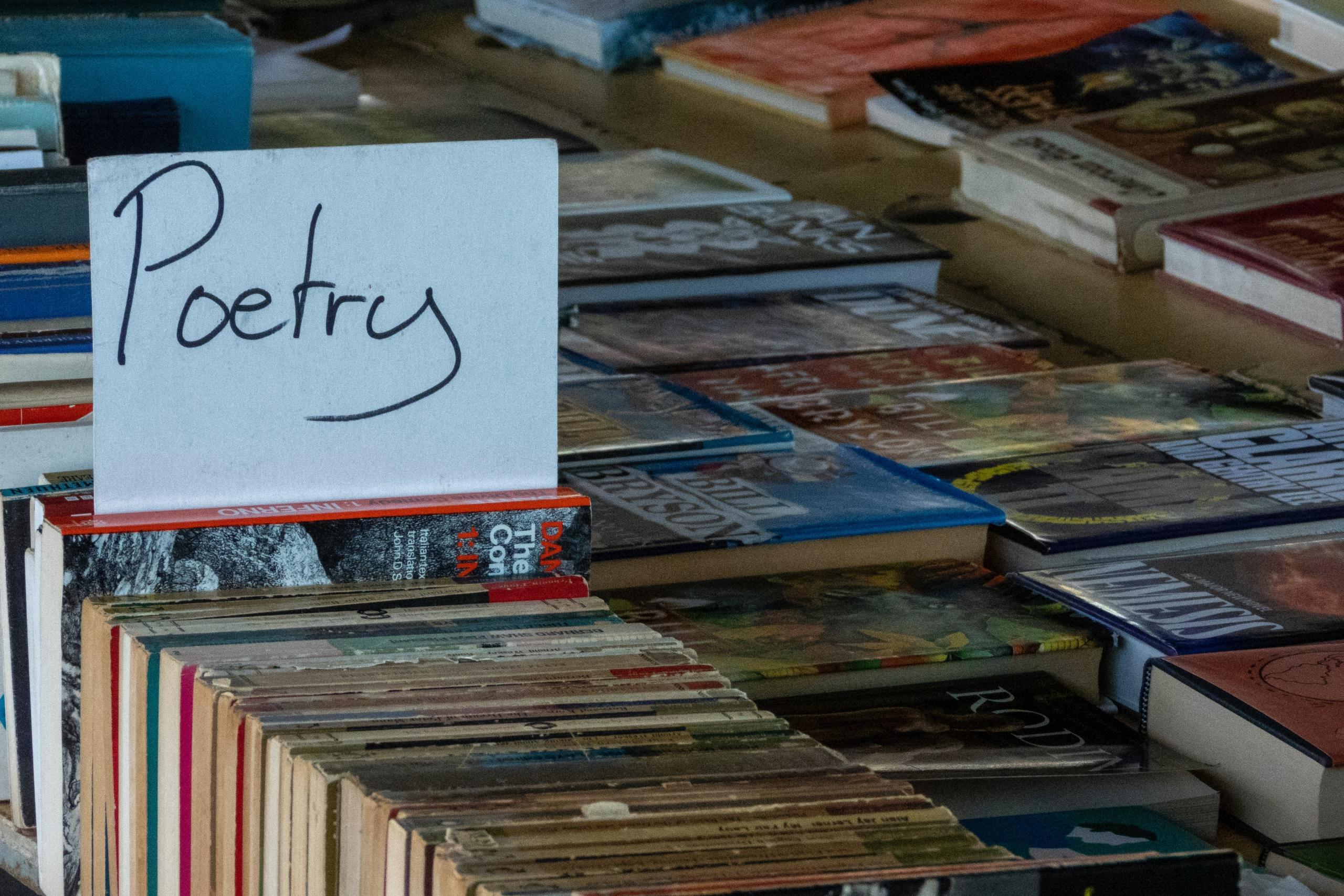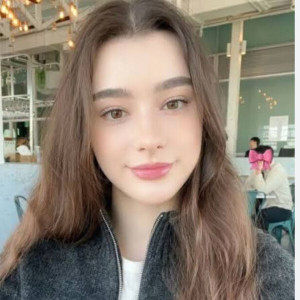In this article, you'll understand the basics of the subject and we'll give you tips on how to find the perfect tutor if you live in Chicago, if you're interested in learning about poetry in the United States, follow the link.


Basics of writing poetry
There are plenty of skills you'll need to develop and resources you'll need to understand the art of writing. Poets practice for years and years how to dominate only one type of poem (see below all of the types).
Some students usually believe that after one year of working hard they'd become a poet but they are somewhat wrong. It all depends on how hard they're working but a year doesn't seem like enough time to dominate the art of writing.
You'll need to receive English and literature classes, learn about different poets (and not just the American ones), practice writing during and outside of school, and more.
Learning to write poetry is understanding all of its elements and knowing how to use them correctly. There's the use of tone, rhymes, rhythm, symbolism, analogies, figures of speech, structure, and more.
Poetry lessons in New York City.
Types of poems
You're probably wondering if there is just one strict way you can write poetry. Since a poem is a literary form where all the rules of language are defied, there are plenty of types and ways writers do so.

Below, you will find a list with 15 of the types of poems and a little explanation of what they are about:
- Rhymed poetry - as you probably figured from the name, the structure of this type of work involves a lot of rhymes.
- Free verse - a poem written in free verse usually lacks the common structure of a rhyme scheme, pattern, or even musical form.
- Blank verse - these are the poems written with precise meter —the basic rhythmic structure of a verse or lines in verse— but it does not rhyme.
- Haiku - probably one of the most popular forms taught in school and university because of its dynamic. It is a three-line poetic form that originated in Japan. The first line has five syllables, the second line has seven syllables, and the third line again has five syllables.
- Sonnet - this is a 14 line poem that usually deals with the topic of love. Sonnets contain internal rhymes within their 14 lines; the exact rhyme scheme depends on the style of a sonnet. There are two different types, the Petrarchan sonnets, and Shakespearean sonnets.
- Soliloquy - is a poem in the form of a monologue where the writer or character speaks to him or herself, expressing inner thoughts that an audience might not otherwise know.
- Epics - it refers to any poem that has a long and narrative structure and usually deals with specific themes regarding adventures and feats.
- Narrative poetry - is somewhat similar to an epic because it tells a story and one of the most famous poems by Henry Wadsworth titled “The Midnight Ride of Paul Revere” is the perfect example of this format.
- Elegies - is a poem that usually reflects on themes like loss and death. The topics usually are reflection, mourning, redemption, and consolation.
- Ode - similar to the elegy but the object of inspiration need not be dead.
- Pastoral poetry - they deal with topics regarding the natural world, landscapes, and rural life. They existed in Ancient Greece and Ancient Rome.
- Ballad - known also as the ballade, is a form of narrative verse that can be either poetic or musical. It typically follows a pattern of rhymed quatrains.
- Limerick - it is a five-line poem that deals with short topics and have an AABBA rhyme scheme.
- Lyric poetry - this form deals with topics regarding the writer's feelings and emotions.
- Villanelle - these are nineteen-line poems that have five tercets and a quatrain, with a highly specified internal rhyme scheme. Originally a variation on a pastoral, the villanelle has evolved to describe obsessions and other intense subject matters.
Learn poetry in Los Angeles.
Find a tutor in Chicago
Finding a poetry tutor in Chicago, Illinois can feel a bit overwhelming since the city is so big and there are a lot of tutors teaching English poetry and offering a poetry class or course.
Besides, each tutor has their teaching methodologies and course catalog and it is up to you to find someone who offers a poetry workshop that you will appreciate.
For instance, let's say a student who has a hard time concentrating hires a tutor that has no experience dealing with students who are dispersed and distracted.

This tutor can have a lot of experience dealing with students in classrooms, or teaching them at the school and university level, however, these skills are not useful if they don't know how to deal with this particular student.
This is why it is so important for you, as a student and aspiring poet, to go online and take your time researching and defining exactly what you are expecting from each tutoring session.
- Do you want the lessons to be held online or face-to-face in the city center?
- Are you hoping to receive a certificate at the end of the workshop, class, or course?
- Do you want to acquire skills that will allow you to apply to a certain program or programs?
- Are you interested in poetry as a career or a hobby?
- Do you have a budget you can spend on each session?
- Do you want your classes to last a year or longer?
- Do you want to meet once a week or twice a week?
Having an answer to all of the questions in the previous list will get you one step closer to finding the perfect tutor for you.
Keep in mind that you can look for tutors in Chicago, Illinois right here on Superprof and there are plenty of filters you can use to help you find what you are looking for. The profile of each tutor comes with a lot of information about their classes, their work, their methodologies, years of experience, and more.
You'll also be able to see if they teach at a school, college, or university level and if they offer the first lesson for free. If they do offer this free session you can take advantage and ask all the questions you have about their trajectory as writers and teachers.
Poetry classes in Houston.
Benefits of learning to write

Whether you want to become a professional writer or just join the field as a hobby to share your experiences and views, there are plenty of benefits that come from earning to write and express yourself through this literary form.
Below, you will find a list of five things you'll gain from writing poetry:
- Be creative - as you start writing and reading poetry you'll see that one of its key elements is creativity because you'll have to come up with fun and different ways to communicate your ideas. Being creative and developing your creativity is excellent for your health since you'll be exercising your brain muscles and keeping them sharp.
- Useful skill - writers are excellent communicators because they are constantly using language to express themselves and slowly they develop and sharpen this important skill. Being a good communicator will come in handy once you are in college or university and definitely once you enter the professional world and start working for a company.
- Learn stuff about yourself - as you become a poet you'll learn to share your thoughts and write about your life and feelings and this can turn into a sort of therapeutic exercise you do to connect with yourself and understand what you are feeling.
- Develop a worldly view - as you immerse yourself in the world of poetry you can connect with other poets, read their work, and become inspired. You will learn about other perspectives and life experiences as you read more and you can get a good idea of how the field works.
- Have a useful distraction - having a hobby is important and nowadays kids are used to watching TV or playing video games all day. Before kids would spend time outside in a park and enjoy the fresh air, but with technology we've lost that. However, if you pick up a healthy hobby like reading and writing poetry, you'd be taking advantage of your time doing something useful and fruitful.
Poetry tutoring classes in Atlanta.
Summarize with AI:















